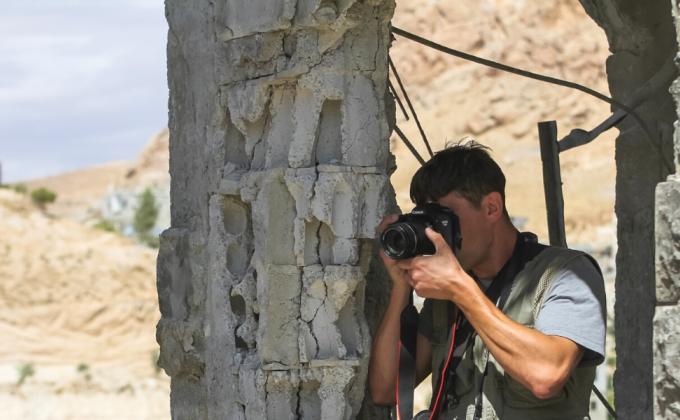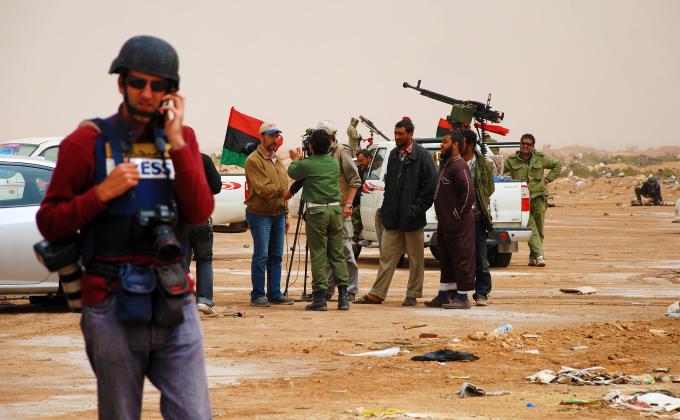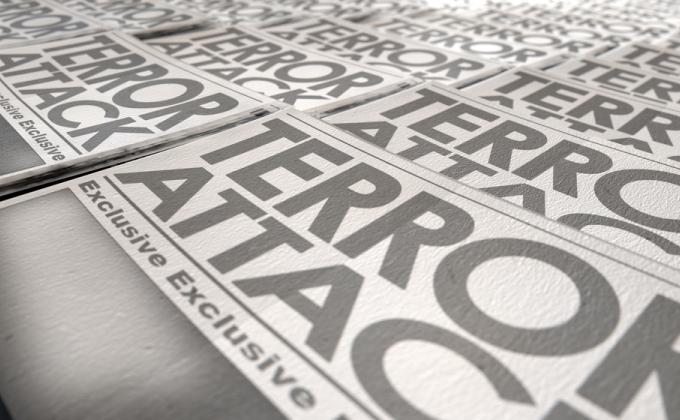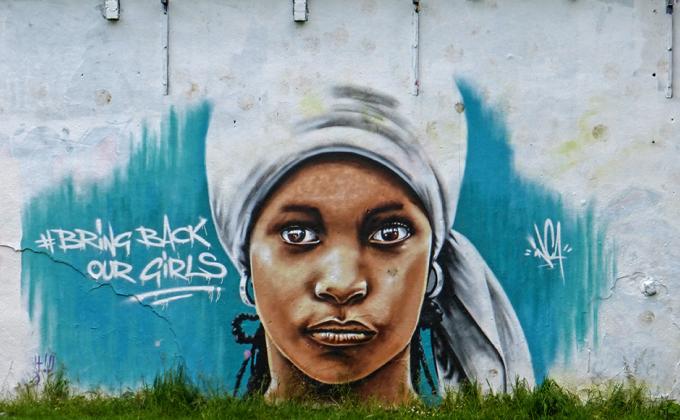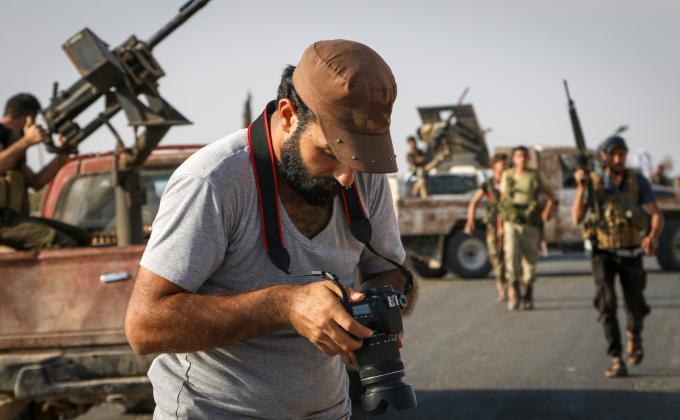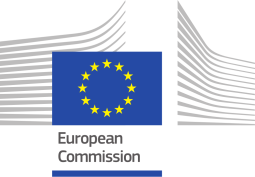The Mitigating the Impact of Media Reporting of Terrorism project was led by ICCT, and funded by the European Commission’s Directorate-General for International Cooperation and Development (DG DEVCO).
This project aimed to produce evidence-based guidance and capacity building outputs based on original, context-sensitive research into the risks and opportunities in media reporting of terrorism and terrorist incidents. The role of media reporting on terrorism has been under-investigated and is an underutilised dimension of a holistic counter-terrorism strategy. How the media reports on terrorism has the potential to impact counter-terrorism (CT) perspective positively or negatively.
This project sought first to investigate the impact of the reporting of terrorism on counter-terrorism (CT), and second to develop approaches to minimise the negative and to maximise the positive impacts.
To achieve this, the projects’ findings were presented in a series of off- and online events and publications. These covered a variety of questions, including, but not limited to:
How are media outputs manipulated or exploited by groups such as Islamic State (IS)?;
What are the opportunities to manage/mitigate the impact of terrorism, and how do these differ between media types?;
Should media reporting be proportionate to terrorist threats, and what impact does disproportionate media cover have (both over and under reporting)?
And what guidelines exist for responsible media reporting on terrorism, and how effective are they?
Highlights
About the project
Terrorism and communication have always been inextricably linked. In order to achieve their goals, terrorists seek to promote their acts of violence to as wide an audience as possible, whether seeking to radicalise potential recruits, or aiming to spread fear through society they can stand to gain from media coverage of their acts.
This poses substantial challenges to journalists covering terrorist groups and their attacks. When reporting on terrorism, journalists run the risk of providing terrorists with the coverage they crave. Deepened by the speed of information delivery on social media, the ever-growing thirst for news in real time can leave journalists at risk of amplifying the terrorist threat. The challenges faced by media outlets and social media companies were highlighted in the aftermath of the 2019 mosque attacks in Christchurch.
ICCT produced four reports exploring key cases of strategic communication in the context of counter-terrorism, and two synthesis reports summarising lessons for governments and journalists in reporting terrorist incidents, as well as reporting terrorism in conditions of conflict and political repression. Across these, it evaluated the four pillars of the EU P/CVE strategy on issues regarding strategic communications from an evidence-based perspective.
After conducting this extensive research, ICCT organised needs assessment workshops to cover the principles and practices of reporting on terrorism. Specifically, ICCT convened two roundtables. The first brought together journalists working on the ground reporting on terrorism, and the second brought together traditional and social media representatives, to discuss editorial challenges.
Finally, it piloted and then implemented training workshops on the topic of strategic communications across the counterterrorism cycle.




